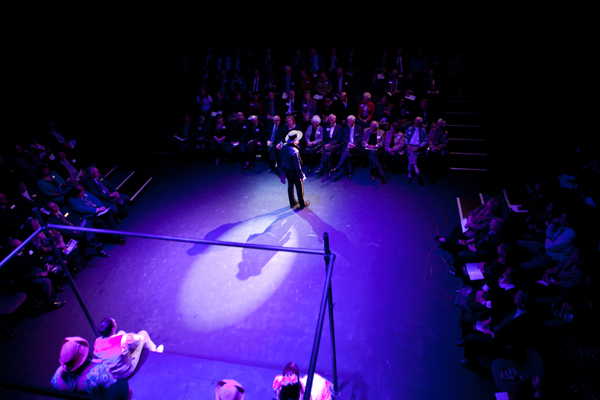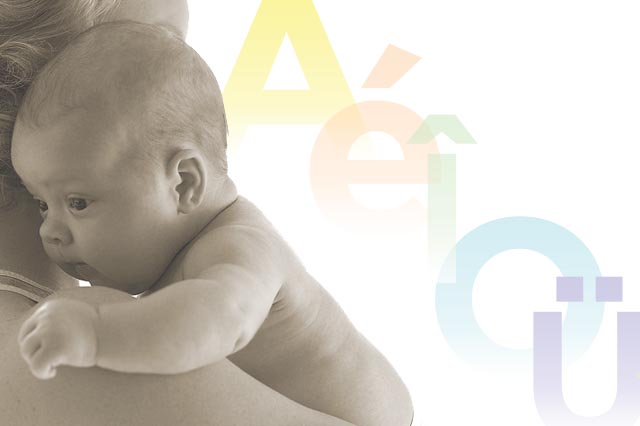Page 130 • (3,373 results in 0.046 seconds)
-
Academic Integrity Alcoholic Beverages Behavior of Guests Building Security Computer and Network Use Concern for Self and Others Confiscation of Possessions Disruption of University Community Equal Educational Opportunity Equipment Misuse False Information Fire Safety Firearms, Explosives, or Weapons Freedom of Expression Gambling Guests On-Campus and at PLU Events Hazing Identification Card Illegal Drugs Immunization Policy Neighbor Relations Noise Non-Cooperation Pets on-Campus Physical
-
CSCE Computer Engineering BS 4-year plan (pdf) view download
-
universal design for learning provides a foundation for the practical work. (3) EDUC 330 : Professional Practice I Teacher candidates will be required to complete a minimum of 45 hours of fieldwork in a local school. (0) EDUC 332 : Communities, Schools, and Students Explores the purposes of P-12 education, how schools intersect with local communities, and the range of differences within learners. (2) EDUC 361 : Teaching and Learning of Science Provides a hands-on, minds-on course designed to help pre
-

will continue as a university priority for the immediate future. The transformed center will provide 88,500 square feet of classroom and research space for biology, chemistry, computer science, geosciences, physics and environmental studies. Among the projects planned for Rieke that were completed during the campaign was the Louis and Lydia Sheffels Biology Laboratory. It was made possible by the support of Carol (Sheffels ’58) Quigg, Jerry Sheffels ’54 and the entire Sheffels family. Carol Quigg
-
units that integrate reading, language arts, and social studies content in K-8 classrooms. Introduces exemplary reading, language arts, and social studies classroom materials and examines what successful classroom managers in K-8 classrooms know and are able to do. (2) EDUC 566 : Elementary Math and Science Practice designing, implementing, and assessing math and science lessons and units in K-8 classrooms. Introduces exemplary math and science classroom materials and examines what successful
-
transformative study abroad experience in Namibia, Africa, supported by the prestigious Fulbright and Gilman Scholarships. This immersive journey encompassed a cultural-musical exchange program, where she had the privilege of teaching Marimba to primary school students, fostering cross-cultural connections through the universal language of music. Additionally, she conducted clinical research on hand hygiene practices and NICU infection rates, combining her passion for science with a newfound appreciation for
-
Innovation and the Mind By Sarah Cornell-Maier. Understanding the function of the human brain is a truly enlightening experience, especially when you tie brain research into the newest developments in computer technology, creativity, and innovation studies. Recently, I got the opportunity to sit down at Pacific Lutheran University with… January 11, 2018 creativityHeidi McLaughlinInnovation Studies minorPsychology majorSarah Cornell-Maiertechnology
-
150 participants from the State Council Poverty Alleviation Office, Ministry of Education, along with representative of Chinese, American and Japanese universities took part in the discussion on the establishment of sustainable poverty alleviation system through education. The contributions Dr. Peter Wang and his wife, Dr. Grace Wang, have made to poverty alleviation in China’s poor areas have received considerable media attention. In 2009, the Christian Science Monitor, reported on the influence
-

November 18, 2010 PLU student and prof head to Antarctica for global warming research through study of rocks and ice By Barbara Clements In a lab littered with Hostess snack bars and French fry wrappers, geosciences student Mike Vermeulen ’12, turns to his computer and pops up a map of Antarctica, then points to a grid in the upper part of the frozen continent. PLU geoscience professor Claire Todd and PLU student Mike Vermeulen head to deep into Antarctica to study rocks that may help explain
-

Stockholm. Infants heard either Swedish or English vowels and they could control how many times they heard the vowels by sucking on a pacifier connected to a computer. Co-authors for the study were Hugo Lagercrantz, a professor at the Karolinska Institute in Sweden as well as a member of the Nobel Assembly and Patricia Kuhl, endowed chair for the Bezos Family Foundation for Early Childhood Learning and co-director of the University of Washington’s Institute for Learning and Brain Sciences. The study
Do you have any feedback for us? If so, feel free to use our Feedback Form.


